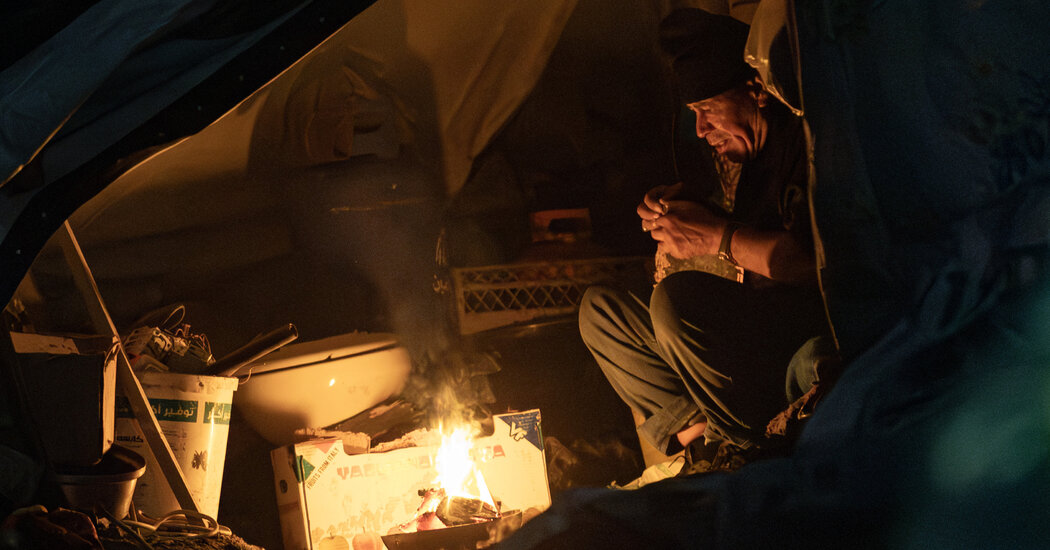Germany’s govt on Wednesday authorized a reform to lend a hand the heirs of Jewish creditors get better Nazi-looted artwork, introducing a binding arbitration tribunal to adjudicate claims. The brand new frame replaces an advisory panel, whose choices may just no longer be legally enforced.
The brand new machine, the results of long negotiations between Germany’s federal govt and its 16 states, permits claimants to convey circumstances with out the settlement of a disputed art work’s present holder. Below the former machine, that consent was once required ahead of the advisory panel may just believe a declare.
“We’re making the restitution of Nazi-looted artwork more straightforward, specifically by means of introducing unilateral get entry to to arbitration,” Claudia Roth, Germany’s tradition minister, stated in a observation. “We also are growing extra criminal safety and a extra binding machine.”
Roth added that the reform would permit Germany to higher reside as much as its ancient tasks and meet its dedication to “truthful and simply answers” for Nazi-looted artwork claims beneath the Washington Rules. Recommended by means of 44 nations in 1998, the ones nonbinding pointers cleared the path for 5 Ecu nations to ascertain claims processes: Germany, Austria, Britain, France and the Netherlands.
The 26-year-old ideas had been strengthened remaining yr by means of a brand new “best practices” agreement that specified claimants must have get entry to to nationwide adjudication panels although the present holder of an art work doesn’t consent.
Now not everyone seems to be proud of the reform. In an open letter printed on Tuesday, ahead of the tribunal’s approval, a gaggle of attorneys, historians and heirs of Jewish creditors stated the reform was once “obviously a transformation for the more severe” and argued that the factors for choices by means of the brand new tribunal — that have no longer been printed but — may just build up the load of evidence for heirs and exclude sufferer teams whose claims had been identified beneath the present machine.
The letter added that sufferers of persecution who offered artwork “within the context in their flight” from the Nazis would “most effective have an excessively restricted declare to restitution.”
The signees known as on Chancellor Olaf Scholz to extend taking into consideration the proposal till after Germany holds a countrywide election on Feb. 23, and let whoever wins the ballot come to a decision. Below German arbitration regulation, adjustments like those may also be made by means of settlement between the federal government and the states, and don’t require approval from Parliament.
However the Central Council of Jews in Germany and the Convention on Jewish Subject matter Claims In opposition to Germany, a nonprofit that secures reimbursement for Holocaust sufferers, welcomed the brand new tribunal. The federal and state governments consulted each organizations whilst drafting the reform.
“Right through Europe, the Nazis robbed Jews in their cultural property. This systematic robbery of artwork was once a part of the Holocaust,” stated Gideon Taylor, the president of the Jewish claims frame, describing Germany’s choice to introduce binding arbitration as “a step ahead in coming to phrases with this a part of its historical past.”
Ellen Germain, the particular envoy for Holocaust problems on the State Division, wrote in a observation on social media that the U.S. govt additionally welcomed the reform.
A German tradition ministry spokesman stated he may just no longer say when the tribunal would get started running.
One case it’s more likely to believe concerns a painting by Pablo Picasso, which is owned by means of the Bavarian State Portray Collections. The heirs of Paul von Mendelssohn-Bartholdy, a Jewish banker, argue that he offered the 1903 portray, “Portrait of Madame Soler,” beneath duress and feature for a few years known as for a listening to on the advisory fee.
However Bavaria has refused to refer the case, arguing that Mendelssohn-Bartholdy didn’t promote the portray on account of Nazi persecution. The reform “signifies that deadlocked circumstances like ‘Madame Soler’ can after all get a listening to,” stated Ulf Bischof, a attorney representing the heirs.



